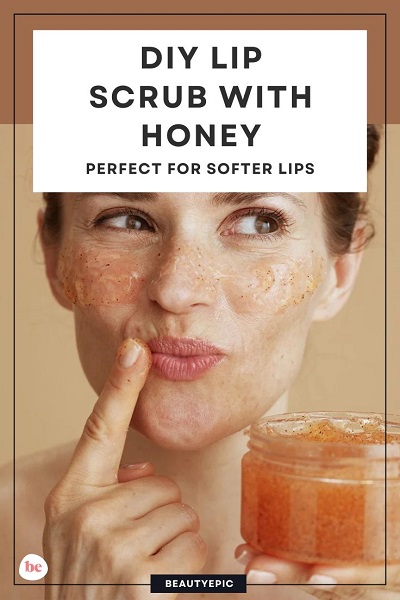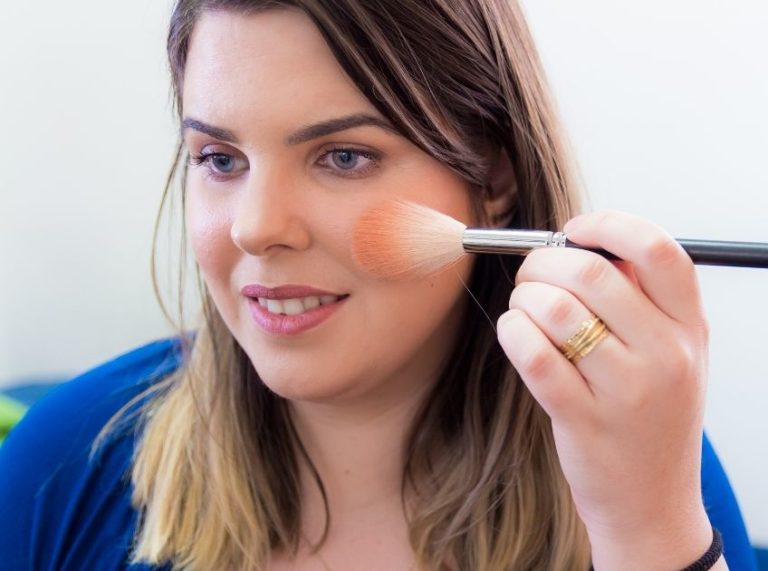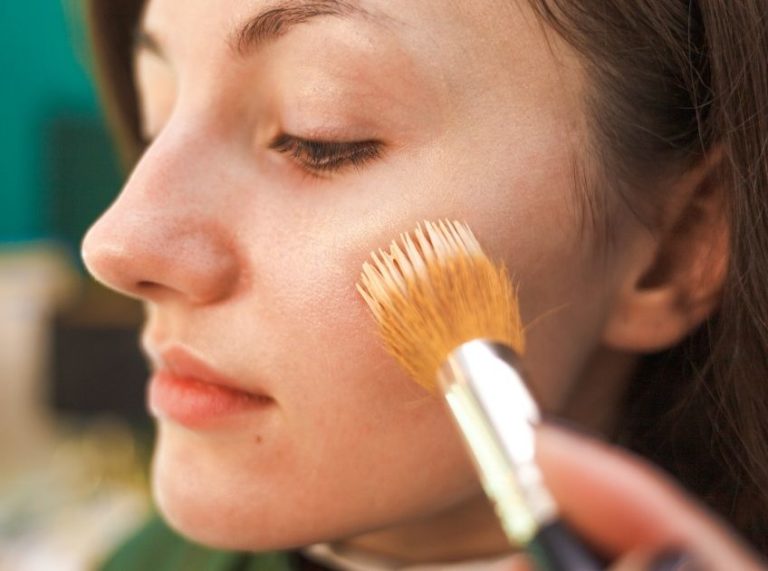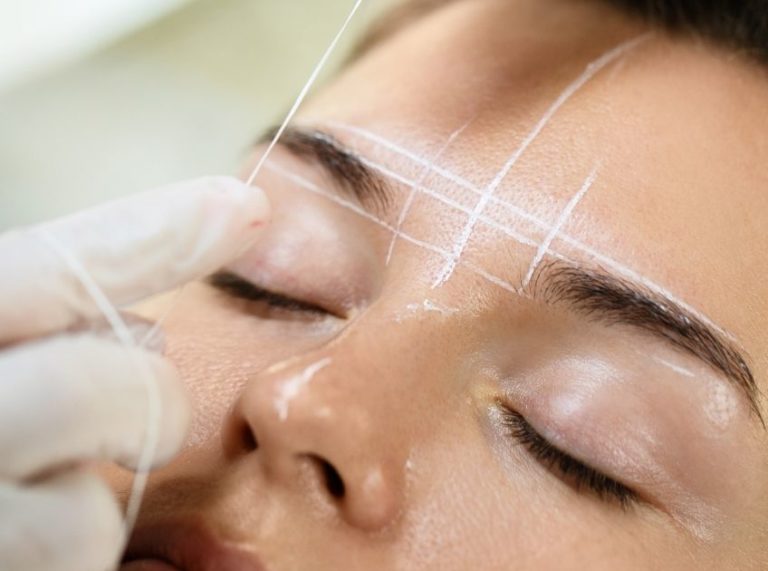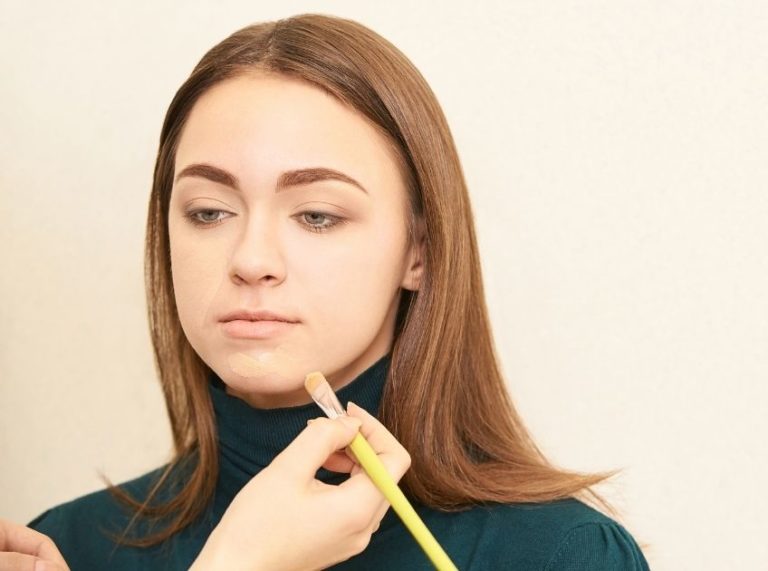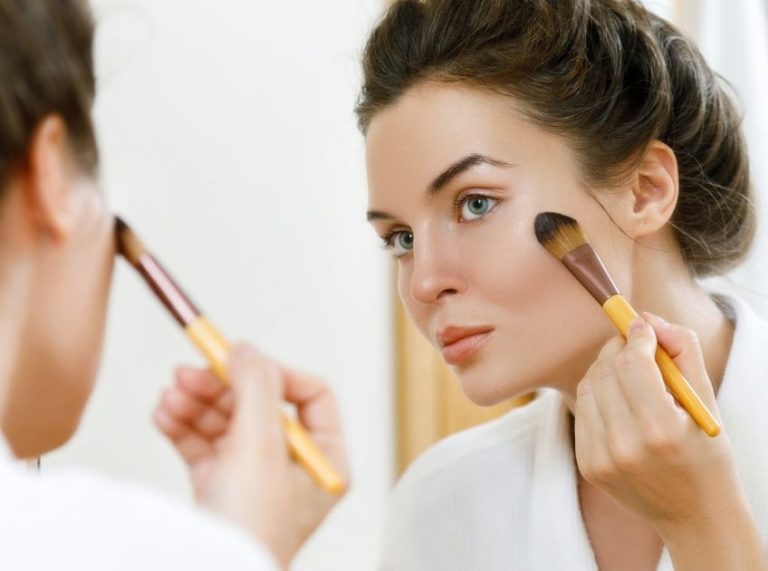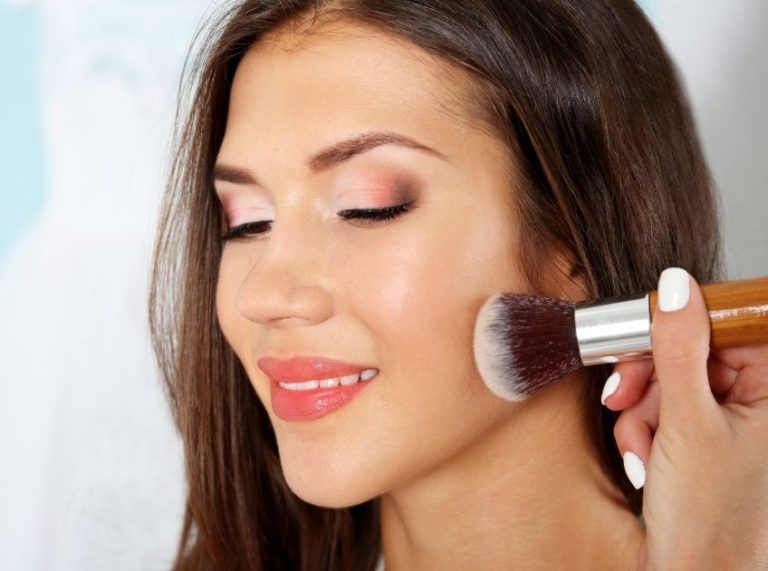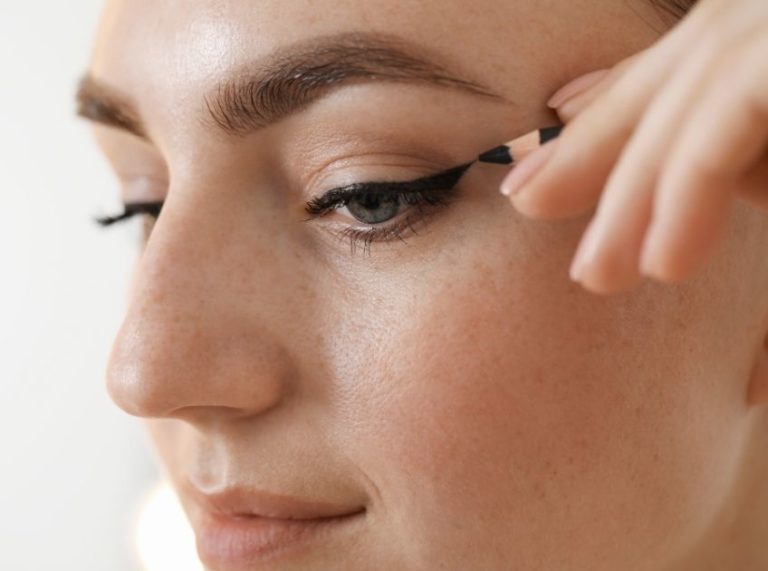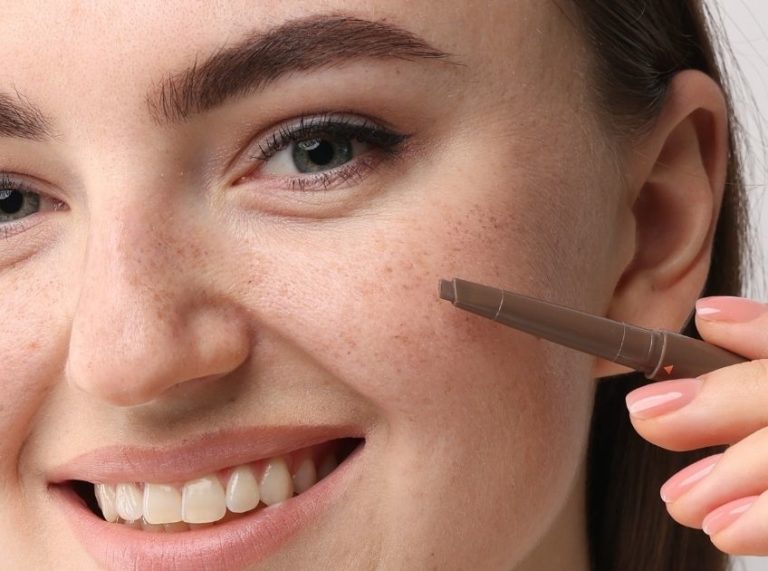
Important: This article is for informational purposes only. Please read our full disclaimer for more details.
Dry, flaky lips can ruin your makeup and your mood. If you’re tired of balms that just coat your lips without fixing the problem, a homemade lip scrub might be your solution. Using honey—a natural healer—you can make your lips smooth, hydrated, and kissably soft. This simple DIY is safe, effective, and backed by nature’s finest.
Read on to discover why a honey-based lip scrub works wonders, how to make it at home, and how to use it safely for best results.
Why This Lip Scrub Works Wonders
A lip scrub with honey gently exfoliates dead skin cells while delivering intense moisture. It helps improve lip texture, tone, and health.
Key benefits include:
- Removes dead skin buildup
- Deeply hydrates chapped lips
- Boosts blood flow for natural plumpness
- Prep lips for smoother lipstick application
Honey & More: What Makes These Ingredients Special
Each ingredient plays a powerful role in lip care:
- Honey: A natural humectant that draws moisture into the skin. It also has antibacterial and wound-healing properties.
- Sugar: Provides gentle exfoliation to remove dead skin cells.
- Coconut oil: Softens and conditions lips.
- Vitamin E oil (optional): Protects lips from environmental damage.
Backed by Science: Why This Combo Works
Honey has been shown in studies (PubMed, 2014) to accelerate wound healing (1) and reduce inflammation due to its antimicrobial and antioxidant properties (2). Sugar, a physical exfoliant, has small, rounded particles perfect for the delicate lip area.
Coconut oil contains medium-chain fatty acids like lauric acid, which act as emollients (3).
These ingredients work synergistically to exfoliate, heal, and moisturize lips.
When to Pause or Adjust
If your lips feel sore, overly sensitive, or red after use, discontinue for a few days. Scrubbing too often can cause micro-tears or irritation.
Tips:
- Limit use to 2–3 times per week
- Reduce sugar if your lips are already irritated
- Always follow with a lip balm
Tailoring the Scrub: Make It Your Own
DIY lets you control what goes on your skin. If your lips are extra dry, increase the coconut oil slightly. For more exfoliation, add a bit more sugar. Sensitive lips? Use brown sugar instead of white for gentler scrubbing.
Best Skin Types for This DIY
This scrub suits all skin types, especially:
- Dry or chapped lips
- Normal lips need maintenance
- Sensitive skin (use fine brown sugar and test first)
Is It Safe?
Yes—if used in moderation and with clean ingredients. Always patch-test if you have allergies to honey or coconut. Avoid if you have open wounds or infections on the lips.
DIY Lip Scrub Recipes with Honey
DIY 1: Classic Honey Sugar Lip Scrub
This classic lip scrub is a gentle exfoliator that lifts away dry, flaky skin while hydrating your lips with honey and coconut oil. It’s quick to make and perfect for weekly use.
Ingredients:
- 1 teaspoon raw honey (unfiltered is best for its natural enzymes)
- 1 teaspoon fine white or brown sugar (brown sugar is gentler)
- ½ teaspoon organic coconut oil (solid or melted)
Directions to Make:
- In a clean bowl, add 1 tsp of honey and 1 tsp of sugar.
- Add ½ tsp of coconut oil to the mixture.
- Mix well with a small spoon until it forms a thick, gritty paste.
- Store in a clean, airtight container for up to 2 weeks.
How to Apply:
- Start with clean, dry lips.
- Scoop a small amount using a clean finger or applicator.
- Massage gently in circular motions for 30 seconds to 1 minute.
- Rinse off with lukewarm water and apply a lip balm.
Pro Tip:
If your lips are extremely dry, let the scrub sit on your lips for 1 minute before rinsing to allow the honey to hydrate deeper.
DIY 2: Honey-Vitamin E Healing Lip Scrub
This soothing lip scrub is ideal for cracked or damaged lips. Vitamin E adds an extra healing boost, while almond oil softens and smooths.
Ingredients:
- 1 teaspoon raw honey
- 1 teaspoon brown sugar
- ½ teaspoon sweet almond oil (or coconut oil)
- 1 vitamin E capsule (or 3–4 drops of pure vitamin E oil)
Directions to Make:
- In a bowl, combine 1 tsp of honey and 1 tsp of brown sugar.
- Add ½ tsp of almond oil.
- Pierce the vitamin E capsule and squeeze the contents into the bowl.
- Stir thoroughly until you get a uniform scrub.
- Transfer to a small jar with a tight lid and store in a cool place.
How to Apply:
- Apply a small amount onto your lips using a clean finger.
- Rub gently in circular motions for 1 minute to exfoliate.
- Let it sit for an additional minute for deeper nourishment.
- Wipe off with a damp cloth or rinse with warm water.
Pro Tip:
Use this scrub at night before bed, then apply a thick layer of lip balm or petroleum jelly to lock in moisture overnight.
Frequently Asked Questions (FAQ’S)
1. Can I use this lip scrub daily?
A. No. Exfoliating more than 2–3 times per week can damage the thin lip skin and cause sensitivity.
2. Can I replace sugar with salt?
A. Avoid salt. It’s too abrasive and can irritate the sensitive lip area. Stick with fine sugars.
3. How long can I store the homemade lip scrub?
A. Up to 2 weeks in an airtight container stored in a cool, dry place. Always use clean fingers or a spatula.
With simple ingredients from your kitchen, you can restore your lips’ softness and glow. This honey lip scrub not only exfoliates gently but also heals and hydrates, making it a must-have in your skincare routine.
Make it, tweak it, and enjoy naturally nourished lips—all with the power of honey.
